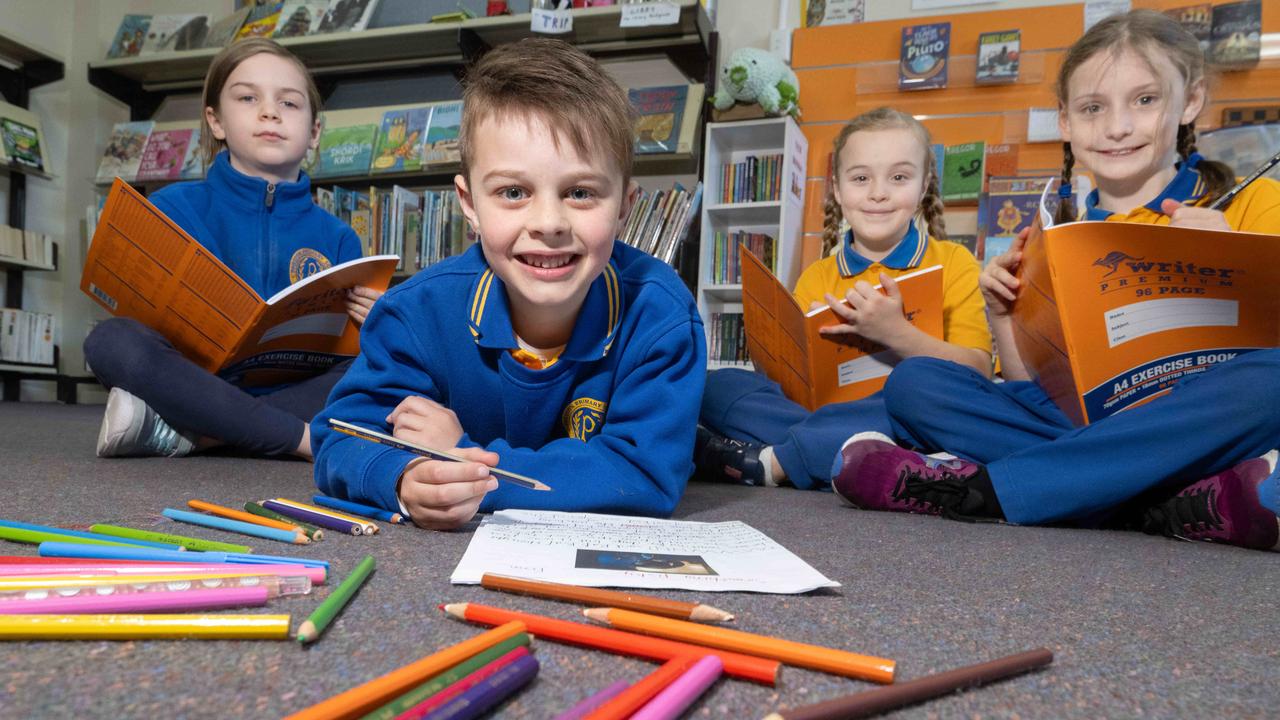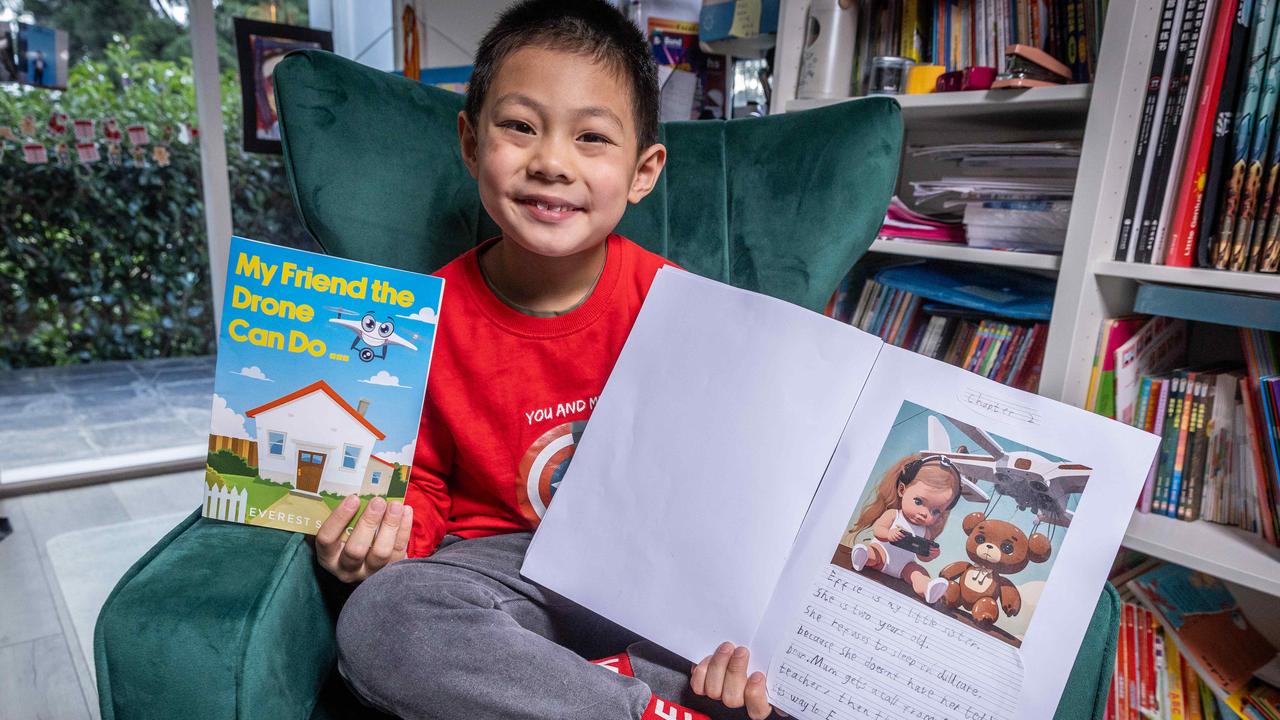Feel the force: you can reach the ‘flow’ state of athletes and artists
Athletic champions, authors and artists experience a similar state at the height of their powers: a place called the zone, a fourth dimension ‘flow’ state that’s there for the taking with these tips
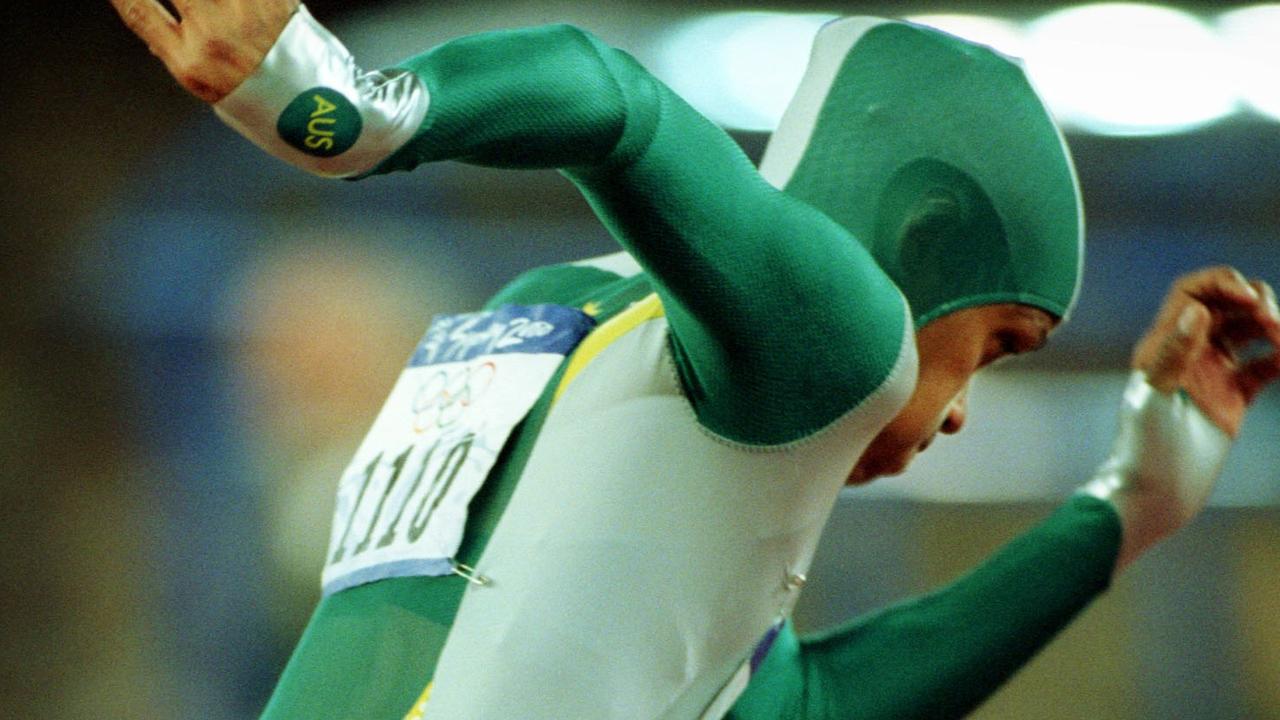
READING LEVEL: GREEN
There’s been a lot of talk recently about mindfulness*, but it’s possible future fulfilment is really more about being in “flow”. And if you thought they were just buzz words describing the same thing, think again.
Sports psychologist* Gavin Freeman, whose expertise* over 25 years includes working with the Australian Institute of Sport (AIS), as well as across several Olympic campaigns and with professional leagues around the world, said mindfulness and flow “are not as related as we think” because mindfulness is a more passive* mental state, while flow is extremely active.
Mr Freeman said flow was achieved by reflecting on past experiences, combined with “sustained appropriate focus” and a little positive self-talk. And while most people might reverse the priority of those three elements, he was adamant experience must come first.
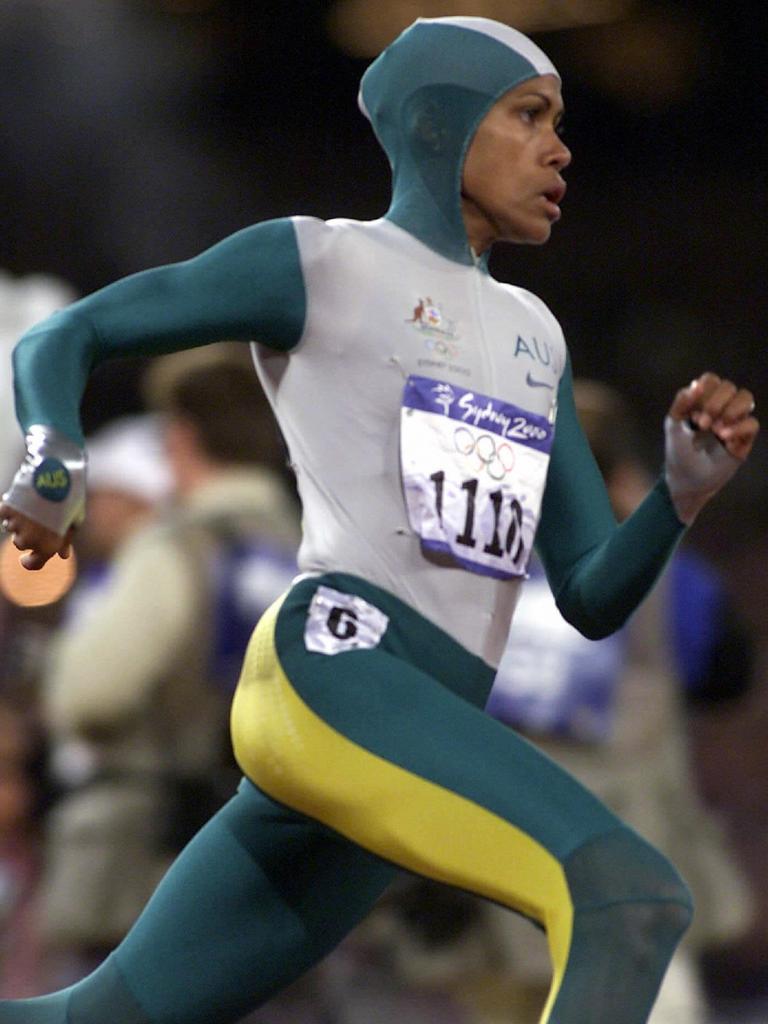
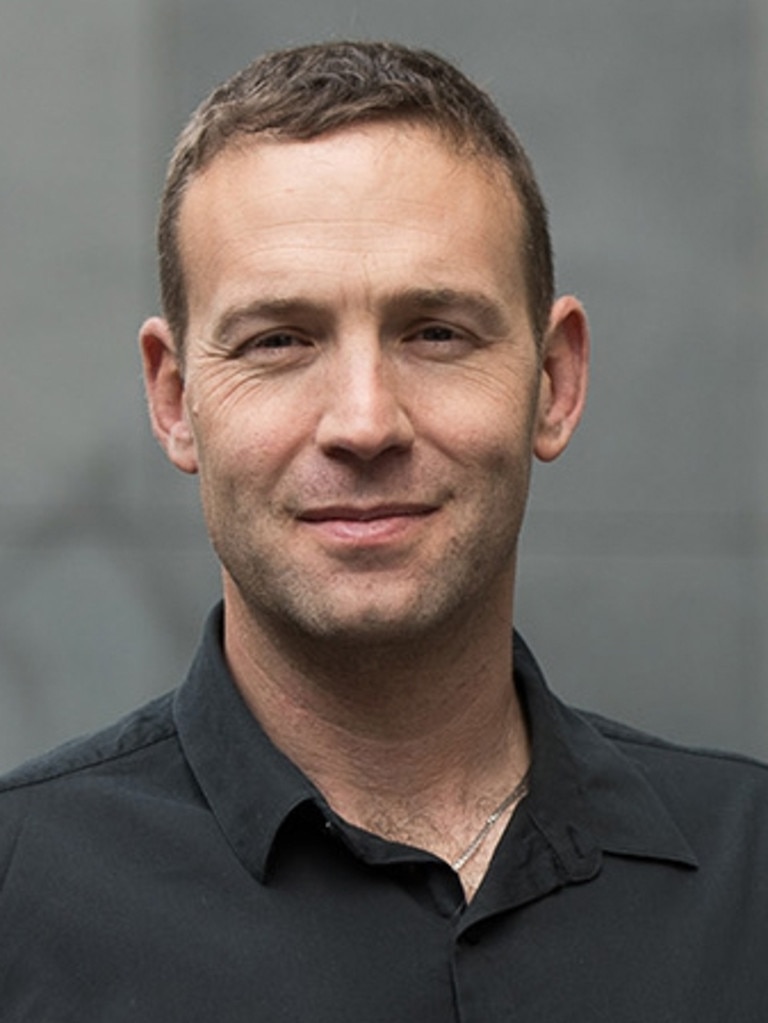
“Effective training history is the most important thing you can do,” he said. “I would say to kids that it doesn’t matter if you’re getting a little frustrated or a little grumpy. I had a session with an eight-year-old and her dad yesterday, working on why she gets grumpy on the soccer field, and came up with a couple of fun activities for her to do.
“It all focused around her building a training history and … not focusing on her thoughts in her head, because it’s really hard to change a person’s thoughts.”
For those ready to escape digital distraction by doing or achieving something, Freeman encouraged kids to talk to a coach, trainer or mentor for help getting started.
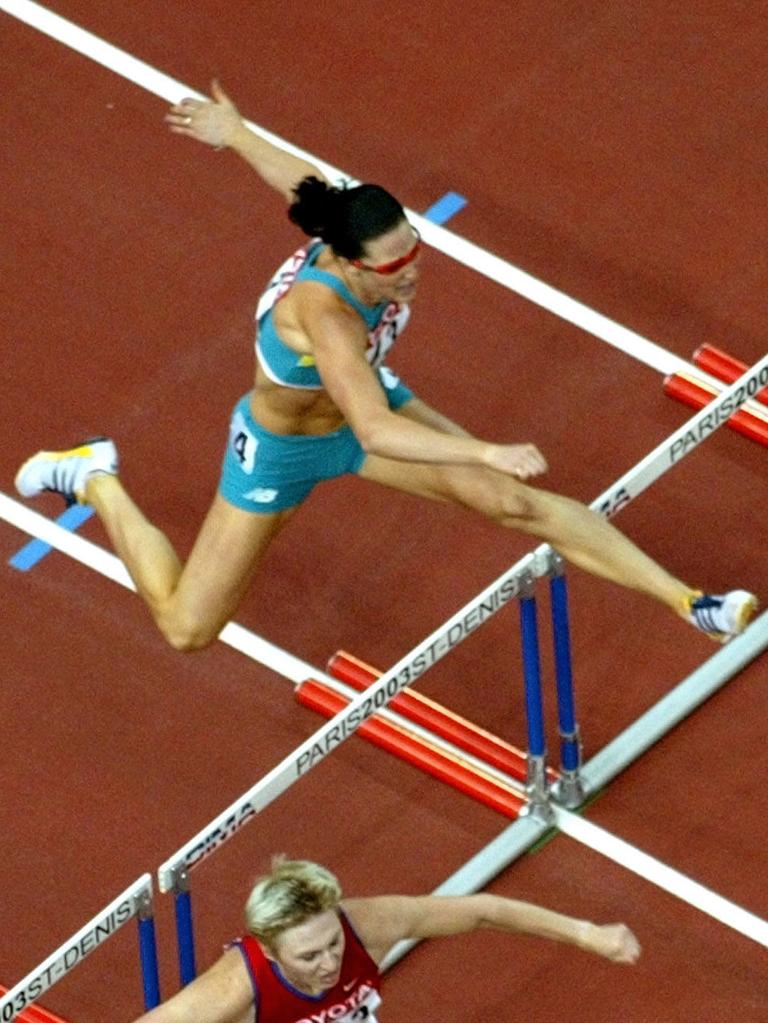
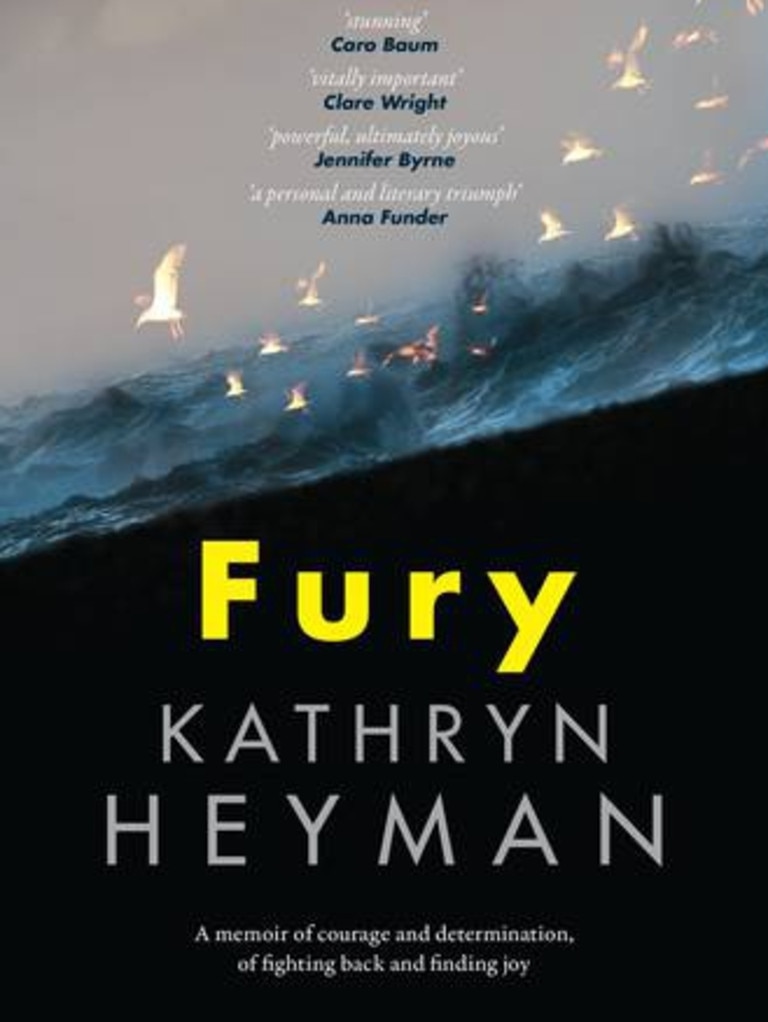
And it’s not just elite athletes. Watch artists, authors and musicians at work and achieving a flow state starts to seem central to creativity.
Award-winning author and playwright Kathryn Heyman is one fan of flow who “always knew from childhood it was something I wanted more of … this elevated* state, this portal*”.
“To create something that AI* can’t, which is currently my touchstone*, I don’t think it’s really possible to do that without entering into that flow state,” Ms Heyman said.
She said adults should really look to kids to remember how it’s done.
“Young children enter (flow) with relative ease,” Ms Heyman said. “You watch little kids play and they’ll very often reach that state of deep absorption and focus. They’re focusing on one thing – that’s the thing we want to return to.”
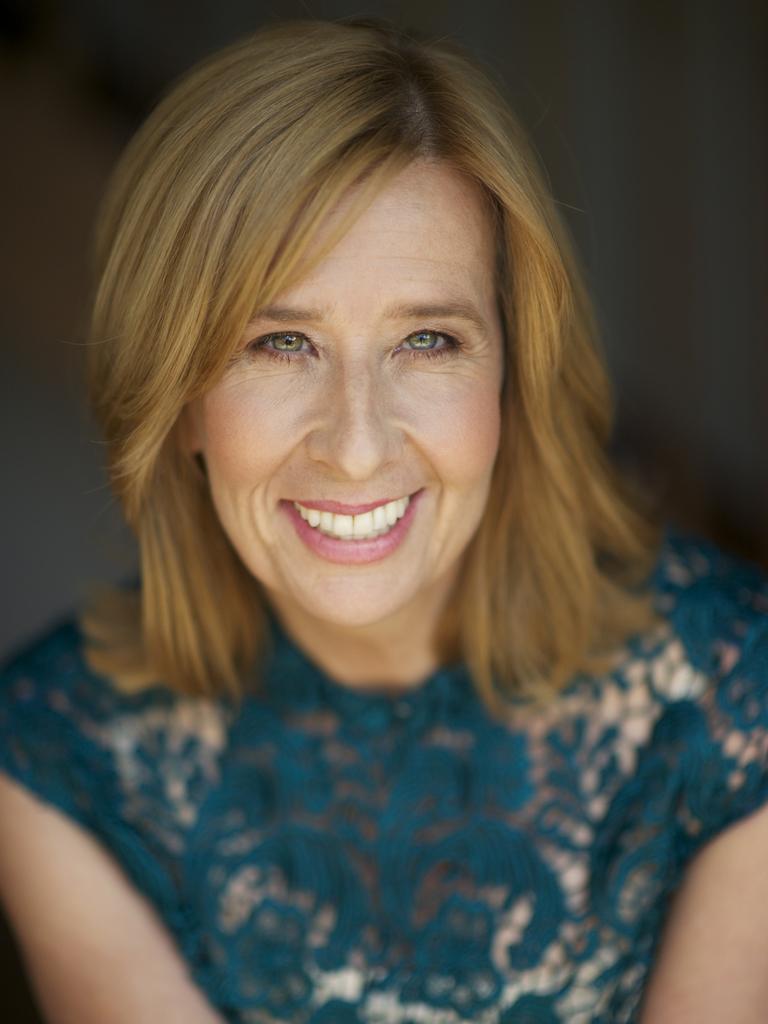
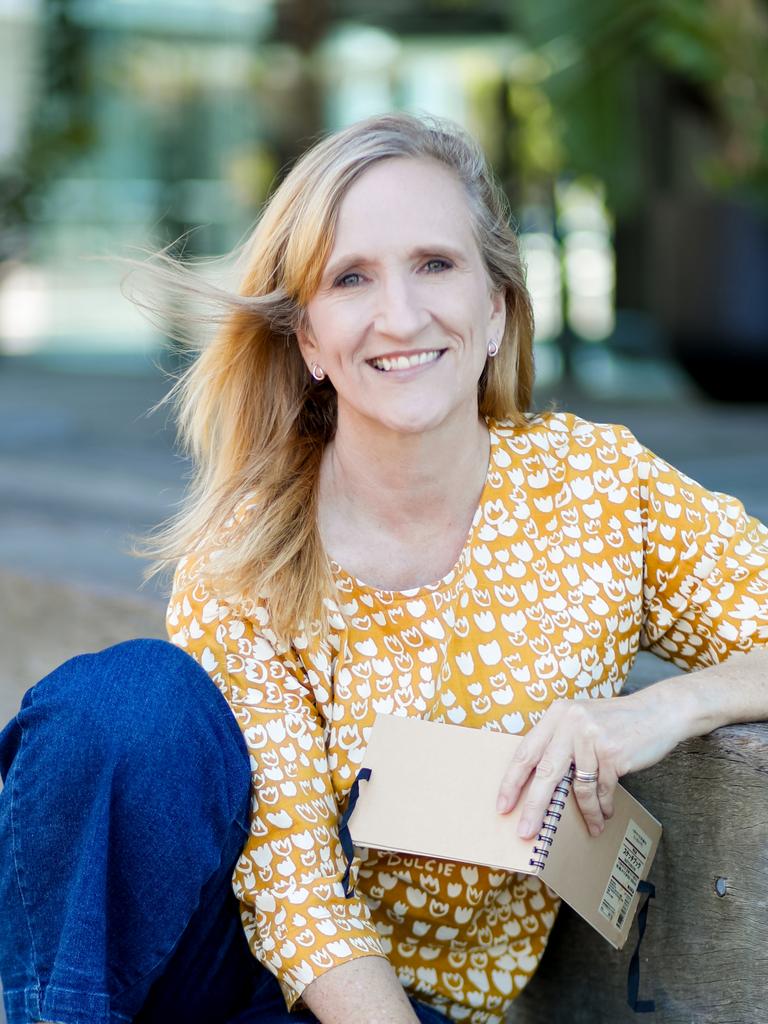
Creating a “container” of time and space was “the most important thing” for Ms Heyman.
Her handy hacks included wearing headphones even if you aren’t listening to anything, because it stops people from interrupting you. She also suggested using a timer and switching off devices.
Happy All Over author Emma Quay described flow as a door opening.
“Every story I write starts with a few words on paper, and that’s enough to nudge open a little door in my mind,” Ms Quay said. “That little door is flung open, and I’ll let anything through — snippets of sentences, quick drawings, lists, arrows going this way and that, all jumbled up together.”
Ms Quay said she never worried about anything being in the right order at that stage — that happened later.
“I’m sure (kids) have lots of ideas, and I feel that allowing every single one onto the page … will give you plenty of material to choose from,” she said.
“It’s the best feeling, knowing something is growing out of nothing. With a pen and a scrap of paper, I can be happy anywhere. If I go too long without writing or drawing, my happiness level wavers* … so it’s back to my notebook.”
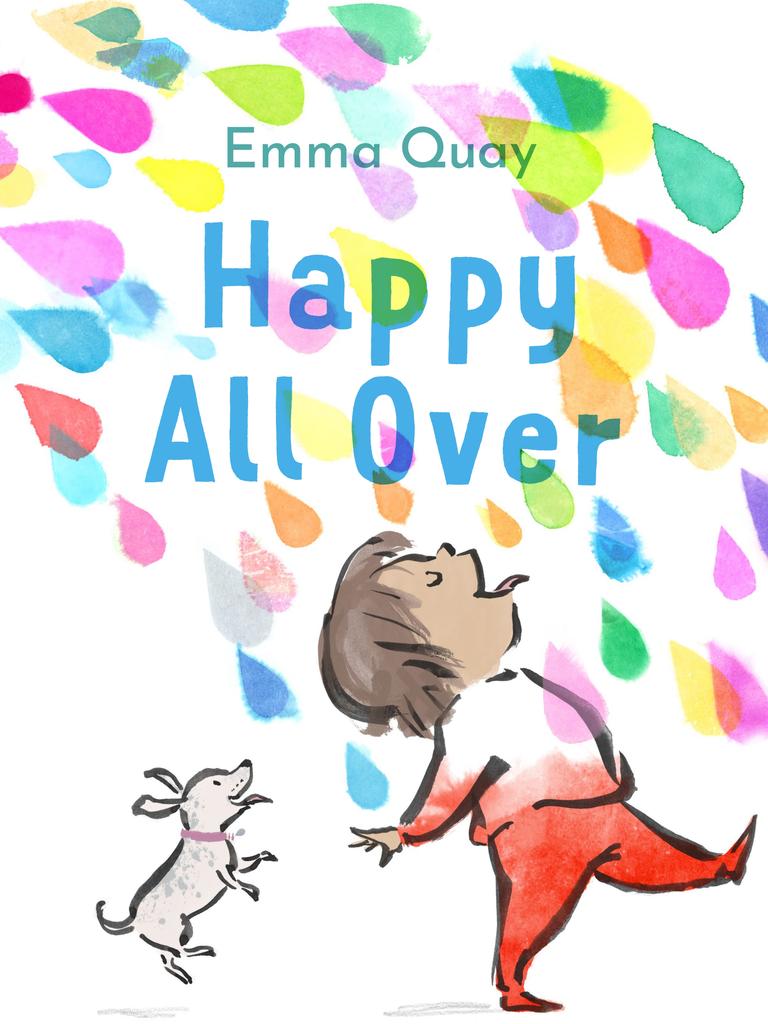
FIND YOUR FLOW IN THE KIDS NEWS SHORT STORY COMPETITION
There’s five days remaining for young Padawans to enter the annual Kids News Short Story Competition, with judges including venerated children’s author Jackie French. The free creative writing competition is open to students across K — 9 until Friday 31 May.
For more information and to enter, visit the competition page HERE.
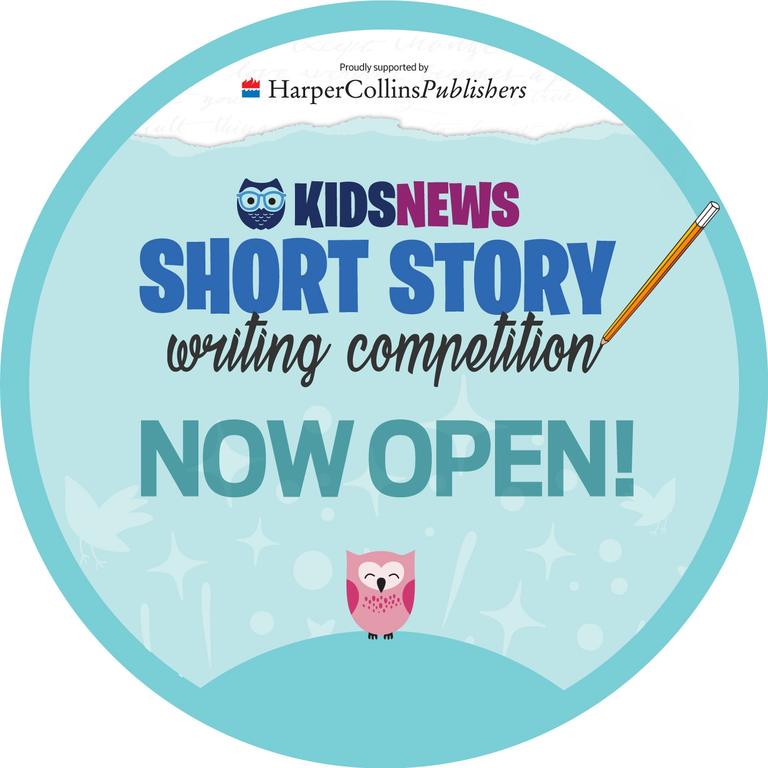
POLL
GLOSSARY
- mindfulness: being aware of your body, mind and feelings in the present moment
- psychologist: someone who studies the human mind, human emotions and our behaviour
- expertise: expert skill or knowledge acquired over time
- passive: not acting to influence or change a situation
- elevated: a higher place, in this case operating at a higher mental or intellectual level
- portal: gateway, entrance, way into something
- AI: artificial intelligence, the ability of a computer system to perform tasks that would normally require human
- touchstone: a standard by which something is judged
- wavers: wobbles, trembles, weakens, becomes shaky
EXTRA READING
Enter the 2024 Short Story Competition
Comics to the rescue for young readers
Homegrown tales are tops with Aussie kids
QUICK QUIZ
- Why does Gavin Freeman say that mindfulness and flow are not as similar as we might think?
- What is the most important thing you can do to reach a flow state, according to Mr Freeman?
- What does author and mentor Kathryn Heyman call her “touchstone”?
- What are Ms Heyman’s tips for getting yourself in a state of flow?
- What are some of things author Emma Quay lets in once the “door” to flow is flung open?
LISTEN TO THIS STORY
CLASSROOM ACTIVITIES
1. How do you flow?
Describe an activity or situation where you believe you have reached a state of “flow”. Explain how you felt and what you were able to create or achieve while in this deep state of focus. What do you think it was about the activity, environment or situation that enabled you to achieve flow?
Time: allow 15 minutes to complete this activity
Curriculum Links: English; Personal and Social Capability
2. Extension
Make a list of challenges and distractions that prevent you from reaching flow. Can you think of a solution for any of these challenges?
Time: allow 10 minutes to complete this activity
Curriculum Links: English; Personal and Social Capability
VCOP ACTIVITY
Adjectives
An adjective is a describing word. They are often found describing a noun. Start by looking at the words before the nouns.
Search for all the adjectives you can find in the article.
Did you find any repeat adjectives or are they all different?
Extension:
Pick three of your favourite adjectives from the text and put them in your own sentences to show other ways to use them.
Have you used any in your writing?

